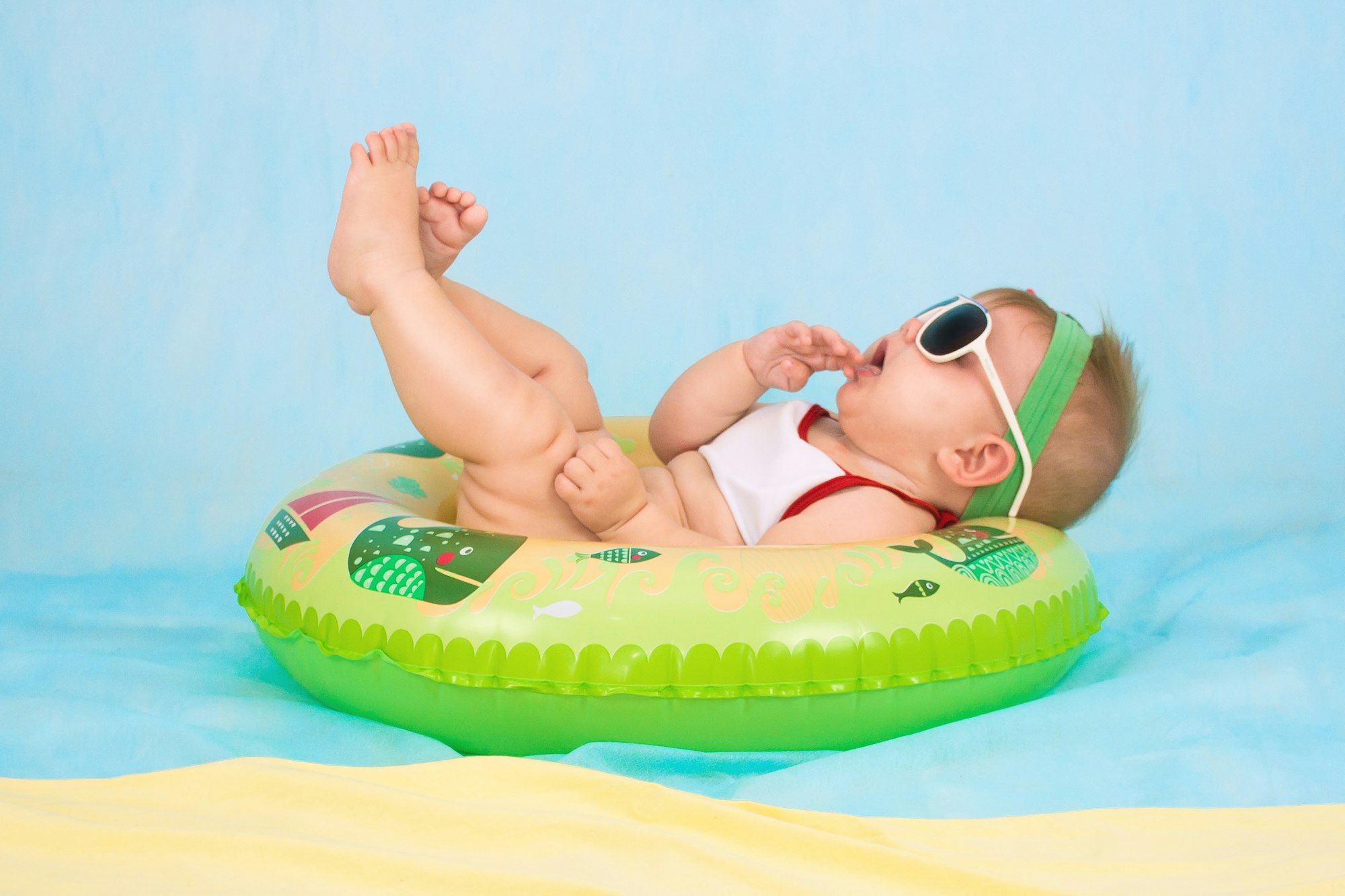What Can Businesses Learn From Eco-Friendly Baby Brands? 3 Examples
Brands like Hello Bello, Lovevery and Kyte Baby show that sustainability can be an advantage.

As a new dad, I know firsthand that babies need a lot of stuff. Or at least people feel like babies need a lot of stuff to give them the best care.
But buying all that stuff—diapers, toys, cute outfits, snot suckers, you name it—can take its toll on the environment, especially since a lot of these purchases are single-use or short-term-use products.
However, some baby brands now offer more sustainable options. That’s not to say they’re all perfect environmental solutions, but if you’re going to buy baby gear, then going with these types of brands could be a better way to minimize your environmental footprint.
Meanwhile, corporate sustainability leaders can learn from what these companies are doing. Even if you’re not in the baby business, seeing how these companies talk about sustainability and implement sustainability practices could help your own brand.
Some examples of eco-friendly baby brands that you can learn from include:
1) Hello Bello
When it comes to baby products like diapers, many parents are looking to solve problems like blowouts and discomfort. Hello Bello, founded by celebrities Kristen Bell and Dax Shepard, does a good job of speaking directly to these concerns while still promoting sustainability.
For example, the tagline for diapers on Hello Bello’s website is “Serious leak protection. Seriously soft. Insanely cute.”
If they led with sustainability, customers might blow past the brand in their search for high-quality diapers. Across product categories (not specific to baby brands), US consumers rank quality, price, and convenience as the top purchasing factors, finds McKinsey.
But once a product catches their interest, customers might then be won over based on sustainability factors. And brands can build an engaged customer base by backing up their claims with facts, rather than just labeling themselves as sustainable or eco-friendly.
Hello Bello notes, for example, that its diapers are made in the USA in a facility run on 100% renewable energy, and its diapers are made with materials like a plant-derived core liner.
Adding this type of information is important, considering that products making ESG-related claims had an average cumulative growth of 28% over a five-year period compared with 20% for products that did not make these claims, finds a McKinsey and NielsenIQ study.
Hello Bello also provides clarity around what’s recyclable, such as the lid of its baby wipes. That’s something that brands should consider, as a McKinsey survey also finds “two-thirds of consumers have little to no confidence that they know which product packaging is recyclable.”
2) Lovevery
A question I didn’t know I needed to ask before having a kid: what do you do with a newborn all day? Cute as they are, it can be hard to fill the hours with little ones. One solution is to introduce them to different toys and sensory experiences, but that often leads to buying a lot of plastic, unsustainable items.
Lovevery, however, makes these problems a little easier, and this B Corp’s emphasis on thoughtful development works from both a product marketing and sustainability perspective.
For example, the Lovevery Play Gym is meant to support kids’ development through different stages, starting from the newborn phase, and it’s built with more sustainable materials like Forest Stewardship Council (FSC)-certified wood and organic cotton. You can even use an attachment to turn it into a fort for toddlers.
So, while the initial purchase is a lot more than most toys or mats, you might get several years of use out of it.
“We design our Playthings so they can be reused and repurposed. We intentionally design—and thoroughly test—our products to make sure they can stand up to lots of play,” the company says.
Plus, one of the company’s sustainability goals is to improve its Lost Parts Program to help parents replace missing parts, rather than having to buy a whole new set. Lovevery is also evaluating options for secondhand marketplaces.
Other businesses can similarly follow this model of crafting more durable items, which can thereby improve sustainability.
Even businesses that sell services can take a similar approach. If a consultant flies to their client’s site once a week, that could be both time-consuming and bad for the environment. But if you can offer more of a set-it-and-forget-it model, e.g., with a longer initial consultation, that can save clients time while minimizing business travel emissions.
3) Kyte Baby
While some customers flock to sustainable products based on their values, others are discouraged by thinking that sustainability comes with too many tradeoffs, like poor performance.
But Kyte Baby does a good job flipping this narrative around when talking about why the company uses bamboo for products like pajamas and sleep sacks.
“Bamboo is breathable and 3º cooler than its cotton counterpart. No more night sweats or tossing and turning from overheating. You and your babies will sleep better in bamboo,” the company claims.
In addition to highlighting this advantage, Kyte Baby also gets specific about the environmental impact of bamboo, such as stating that it uses 30% less water than cotton. They also tout the stretchiness of bamboo, which can help babies fit in these garments longer. Thus, customers might get more value from their purchases than they assume.
Other brands should similarly consider talking about these types of advantages of sustainability, whether you’re using bamboo or taking steps like localizing manufacturing to cut down shipping emissions, costs, and time.
As these baby brands show, sustainability can go hand in hand with creating high-quality offerings. By helping customers understand how and why your brand is sustainable, and how that can benefit customers, you can grow as a brand while doing good for the world.
Disclosure: Any products or brands listed here are not meant to be endorsements.
Carbon Neutral Copy's parent company, JournoContent LLC, has clients involved in sustainability-related areas, among others. The owner of Carbon Neutral Copy, Jacob (Jake) Safane, has investments in sustainability-related companies, among others.
As such, conflicts of interest related to these and other investments/business relationships, even if unintended, may exist at times. Please email info@carbonneutralcopy.com if you'd like further clarification on any issues.
